location
Latest

Tinder may let you match with users anywhere in the world for free
Tinder plans to test a new Global Mode that will allow users to connect regardless of their location.
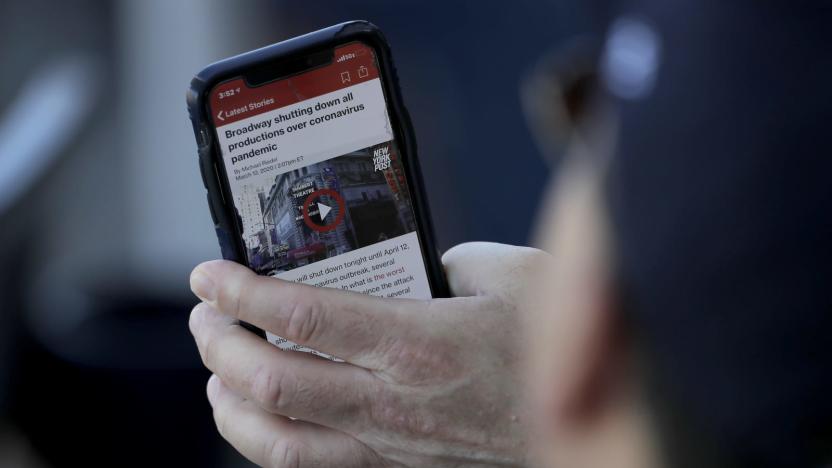
US officials use mobile ad location data to study how COVID-19 spreads
The use of phone location tracking to keep tabs on COVID-19 is becoming increasingly common, and the US appears to be no exception. Wall Street Journal sources say federal (via the CDC), state and local governments have been receiving location data from mobile ads to help plan their pandemic response. The anonymized info helps officials understand where people are still gathering in significant numbers (and thus risk spreading the coronavirus), how well they're honoring stay-at-home demands and how the virus has impacted retail.

European mobile carriers will share location data to track COVID-19 spread
More governments are relying on phone location tracking in a bid to track and contain the spread of COVID-19. Eight European carriers, including Deutsche Telekom (T-Mobile), Orange and Vodafone, have agreed to share phone location data with the European Commission to help measure the coronavirus' reach. That immediately raises privacy issues, but an official talking to Reuters stressed that the EC would protect users.

Google location data led police to investigate an innocent cyclist
Those concerns about police indiscriminately collecting Google location data have some grounding in the real world. NBC News has revealed that police inadvertently made a suspect of an innocent cyclist, Gainesville, Florida resident Zachary McCoy, after using a geofence warrant (collecting all location data around the scene of a crime) to look for leads in a March 2019 burglary. McCoy had been using RunKeeper to track his biking, and had passed by the victim's house three times in the space of an hour -- enough to raise eyebrows among investigators looking for suspicious info.
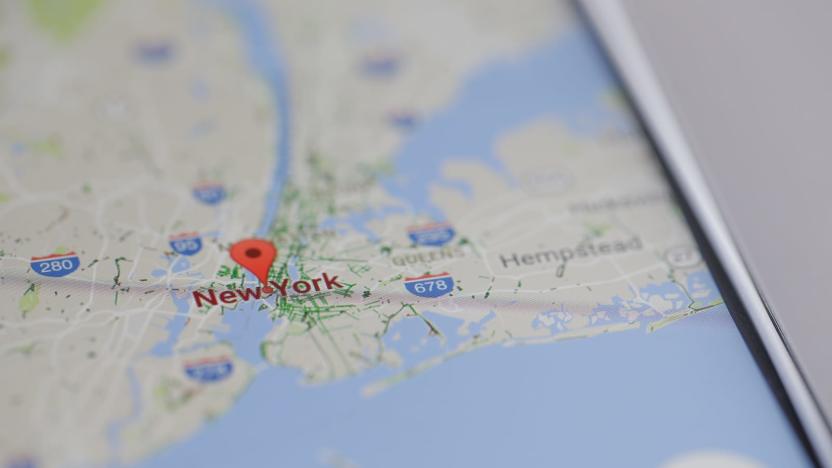
FCC proposes token fines for carriers that sold phone location data
The rumors were true: the FCC wants to fine major carriers for their approach to selling phone location data. The regulator has proposed a total of $208 million in fines against the top four US carriers for reportedly selling access to location info without "reasonable measures" to prevent unauthorized access. T-Mobile would face the (relatively) stiffest penalty with over $91 million, while AT&T could be fined over $57 million. Verizon (Engadget's parent company) could be hit with a roughly $48 million fine, while Sprint would 'only' have to contend with a $12 million fine.
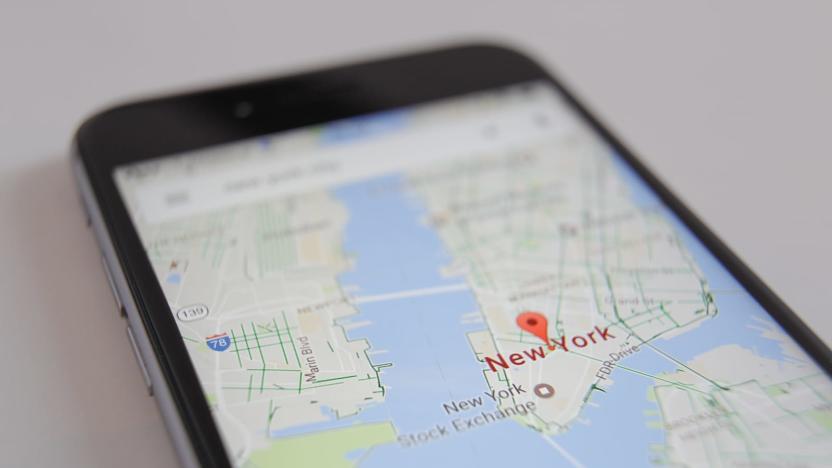
FCC may fine carriers for failing to protect phone location data
The FCC has warned phone carriers that they broke the law by selling location data, and it might soon make those companies pay the price. Wall Street Journal sources say the FCC hopes to levy "hundreds of millions of dollars" against AT&T, Sprint, T-Mobile and Verizon (Engadget's parent company) after determining that they failed to protect real-time location info. The regulator reportedly sent notices of liability that, while not final, indicate that a penalty is on the way.

Google will review Android apps that request background location info
Google's upcoming efforts to improve mobile privacy will extend beyond the upgrades in Android 11. Starting August 3rd, the company will require approval for background location requests in all Play Store-bound Android apps. It'll determine if the feature is necessary, expected and provides "clear value," and reject those apps that appear to be asking for too much. A social network app that lets you voluntarily share continuous location data will likely get approval, for example, but a shopping app with a retail store locator might be rejected until it limits location access to when you're actively using it.

Google Assistant can now say where your Tile is
Tracking gadget Tile has been a boon to the forgetful, and now it's set to get even more helpful. Previously, you could use Google Assistant to ring your Tile, so finding your keys or wallet was a matter of listening out for the beep. Now, though, it's able to give you a location of where your stuff is.

Tinder is working on a panic button for dangerous situations
Tinder is taking more steps to beef up user safety, rolling out features that give daters the option to receive check-ins, hit a panic alarm and even call authorities to their location. Its parent company, Match, has taken a stake in a location tracking and personal safety app called Noonlight, Wall Street Journal reports, and plans to test the features in the US from the end of January.
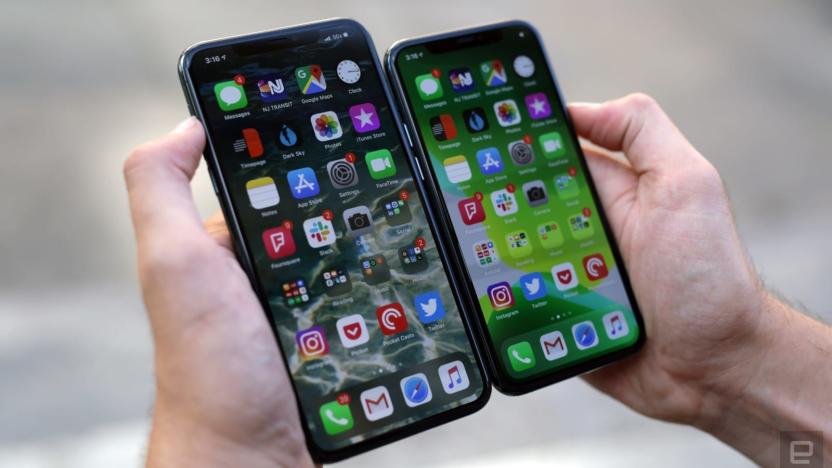
Apple tests UWB switch to keep the iPhone 11 from tracking your location
Apple has started testing the location toggle button it promised to iPhone 11 users. Late last year, security researcher Brian Krebs discovered that the iPhone 11 Pro constantly checks for your location even if you disable Location Services. Apple explained that it's because the new phones, including the non-pro iPhone 11, use an ultra wideband chip that still isn't universally approved. The devices need to perform regular location checks, so it can switch off the chip where it can't legally be used.

China's alternative to GPS should be complete by mid-2020
China's competitor to GPS is nearly finished after years of work. Project lead Ren Chengqi has revealed that the Beidou Navigation Satellite System's core was completed earlier in December, and that the last two satellites should reach orbit "before 2020." This will technically be the third phase of Baidou, which first rolled out in 2000, but it represents the culmination of the satellite system. in its present form. You won't see a major upgrade until 2035, Ran said.
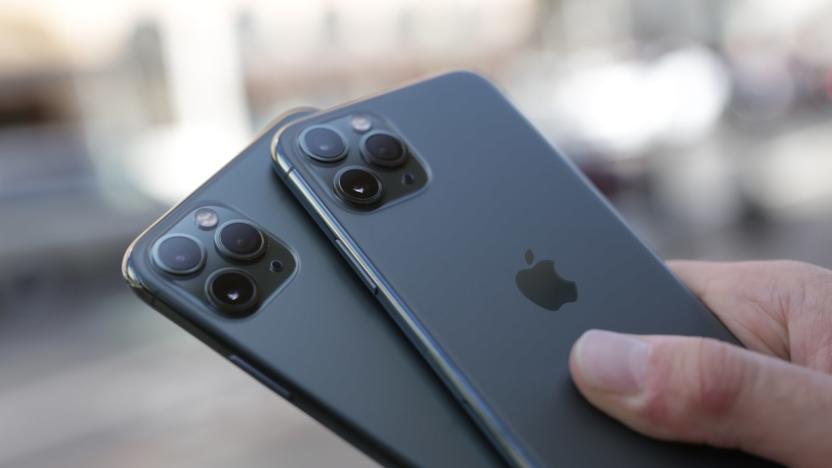
Apple explains why the iPhone 11 is always checking your location
Security researcher Brian Krebs recently raised eyebrows when he discovered that the iPhone 11 Pro (and by extension, the iPhone 11) is constantly checking for your location, even if you've disabled Location Services. Is Apple tracking your every move? Not really, it turns out. The company told TechCrunch in a statement that its newer iPhones need to perform location checks to legally use their ultra wideband chips. "International regulatory requirements" force Apple to turn off UWB in certain places, a spokesperson said, and the location checks are necessary to do that while making the technology available most of the time.
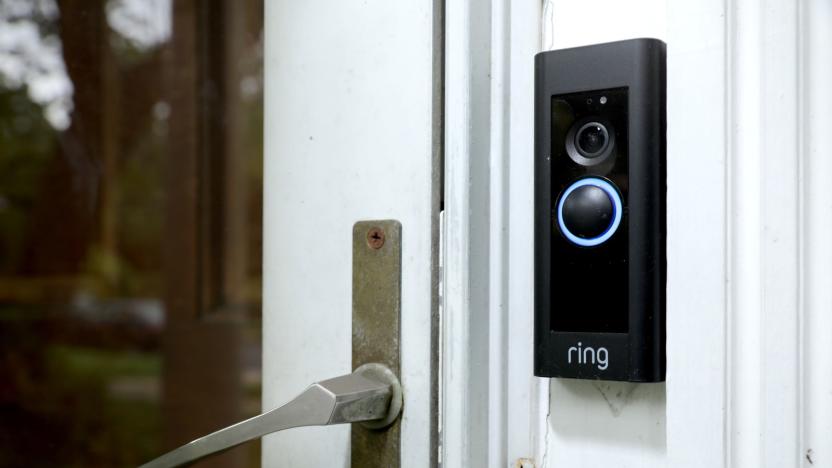
Ring gave police a detailed map of area doorbell installations
Police departments partnered with Amazon's Ring security service had access to maps that revealed where Ring video doorbells were located, CNET reports. While Amazon has said police do not have access to the location of devices -- which they can request footage from -- the heat maps provided to police allowed them to zoom in on specific locations.
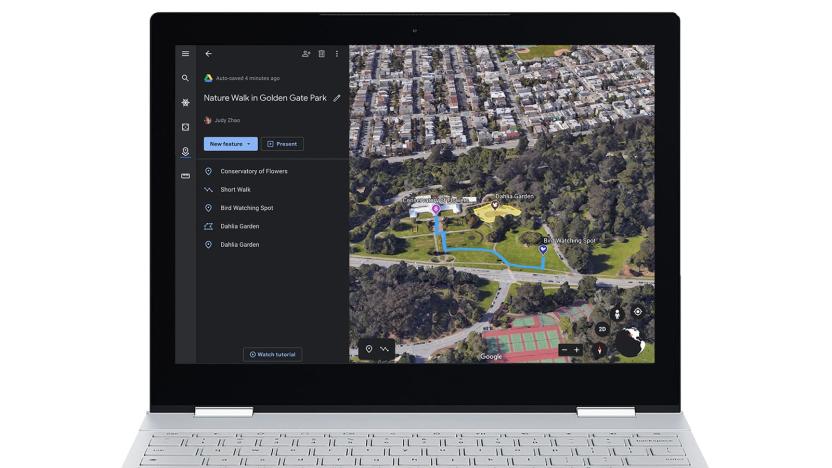
Google Earth's new creation tools help you tell stories
Google Earth offered community tour-building features for a while, but the attention shifted to professional "Voyager" stories after the big redesign in 2017. Now, however, Google is swinging its attention back to stories from everyday users. It's introducing creation tools in Google Earth's web version to help you tell your own tales. You can draw place markers, lines and shapes, attach your own media (including full-screen slides) and choose specific 3D or Street View angles. Chain these items together and you can create tours that reflect your personal narrative, or even the 'hidden' history that doesn't always show up in textbooks.
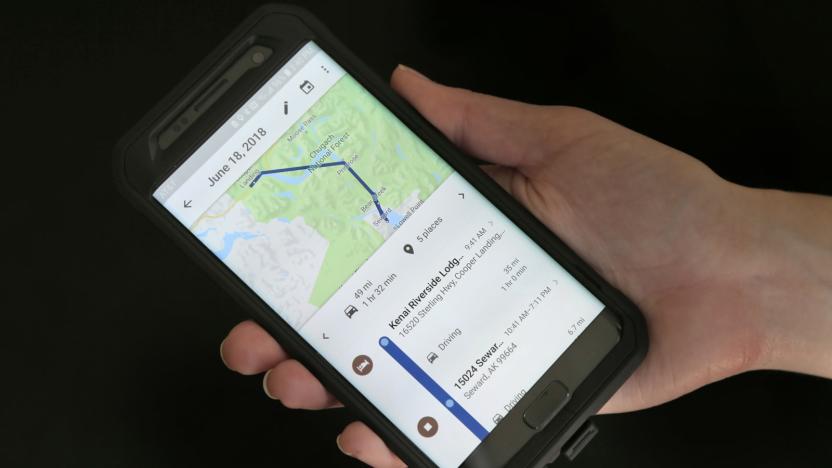
Incognito Mode for Google Maps has arrived on Android
Earlier this month Google announced that its new Incognito feature for Maps had started to roll out, and now it should be here on your Android devices. Android Police points out a post on the support page from yesterday indicating that the rollout has begun in earnest. While it could take a few days to reach everyone (iOS support is still "coming soon"), if it's available for you, then enabling it only requires a few steps:
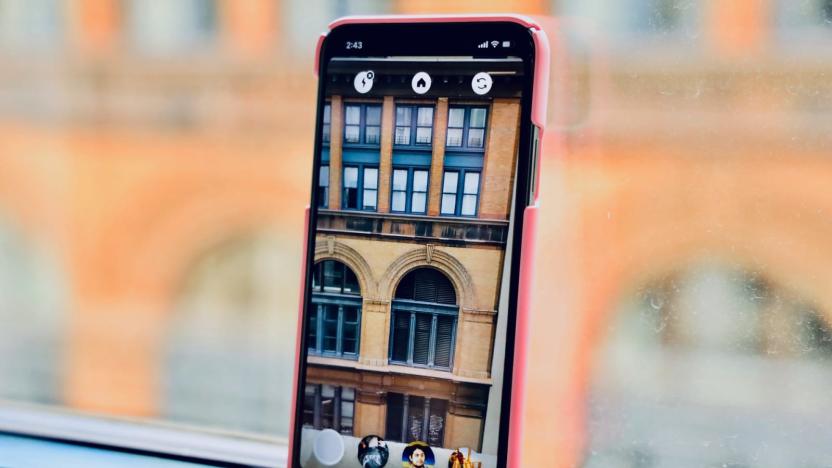
Instagram’s Threads is compelling, but kind of creepy
Look, I'm not one to constantly post selfies. I'd rather just take pictures of random buildings or my sneakers. But, when I do take a selfie, it's mostly just so I can share a goofy face with my family or best friends. I've mentioned this before in previous stories about Facebook, Instagram has become one of my main messaging apps -- right up there with iMessage and WhatsApp. That's why the idea of Instagram's new Threads app, which is designed specifically for private messages between you and your closest friends, sounds so intriguing.

Instagram's Threads is a camera app for sharing with your closest friends
If you want to get a glimpse of Mark Zuckerberg's "privacy-focused" vision for Facebook, then look no further than Instagram's new social app: Threads. This new standalone, camera-first messaging app is an extension of Instagram's Close Friends feature on Stories, which lets you share pictures, videos and more only with groups of people you've carefully selected. As the Facebook CEO has said in recent months, his plan is to take Facebook into an era of "simple, intimate places," where individuals can have a dedicated space for private interactions on its family of apps. And with Threads from Instagram, which launches today on iOS and Android, the company is taking a step in that direction.
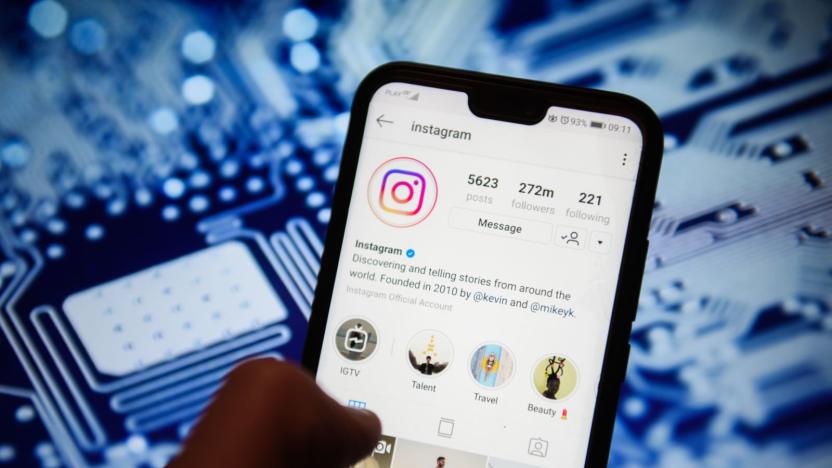
Instagram removes ad partner that tracked millions of users' locations
Facebook's privacy woes aren't over in the wake of its FTC fine. The company has pulled the marketing company Hyp3r from Instagram's ad platform after Business Insider learned that the agency had been collecting massive amounts of data in violation of the social network's rules. Hyp3r reportedly exploited a "security lapse" that let it collect the specific locations of "millions" of public posts. It also violated terms of service by saving public Stories and automatically scraping data from public profiles (including bios and followers), according to BI.
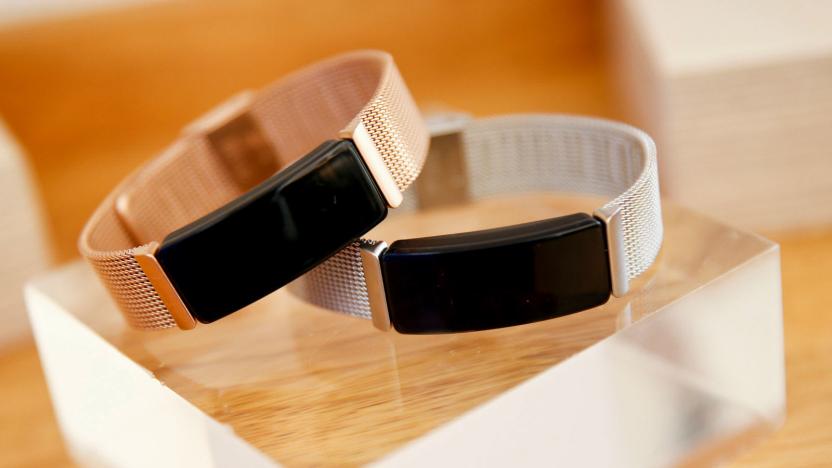
A Bluetooth vulnerability could give hackers your location
Your Fitbit and other Bluetooth gadgets could be giving away your location data. Researchers from Boston University (BU) detected a vulnerability in several high-profile Bluetooth devices that could allow third-parties to determine your location and other sensitive information. In the wrong hands, that information could be used for stalking or abuse. That's especially concerning given that basically everyone is carrying around a Bluetooth device.
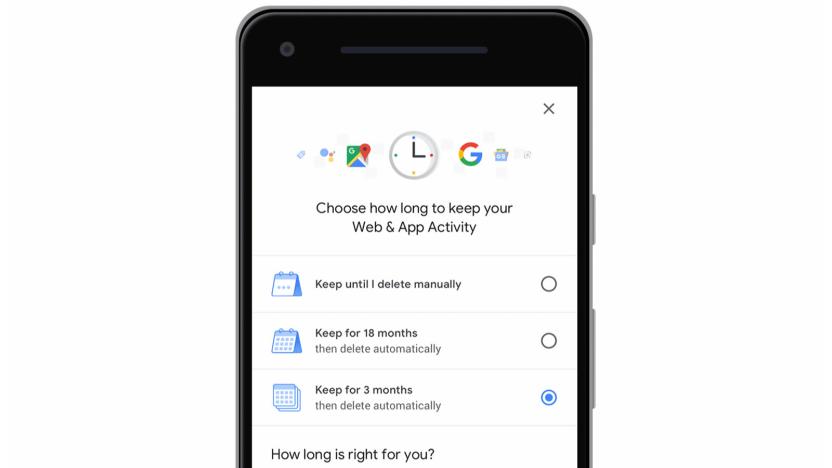
Google now lets you auto-delete your location history
Google is following through on its promise to let you auto-delete your activity and location data. It's now rolling out location history deletion tools to Android and iOS, giving you a relatively simple way to limit the scope of Google's location tracking. You can only choose between deleting data after three or 18 months, but it beats leaving an extensive trail of info that you might not want Google or others to see.





